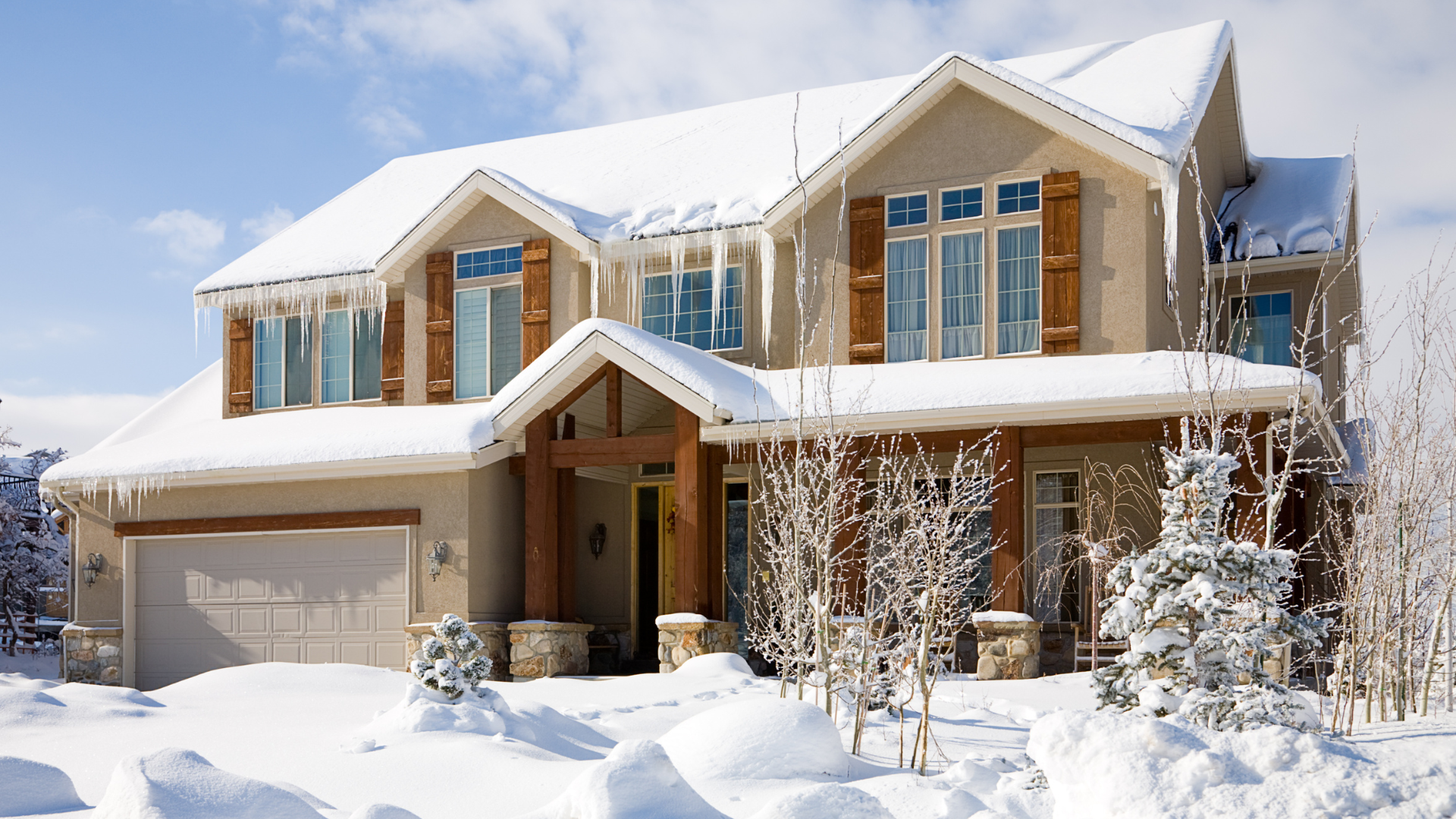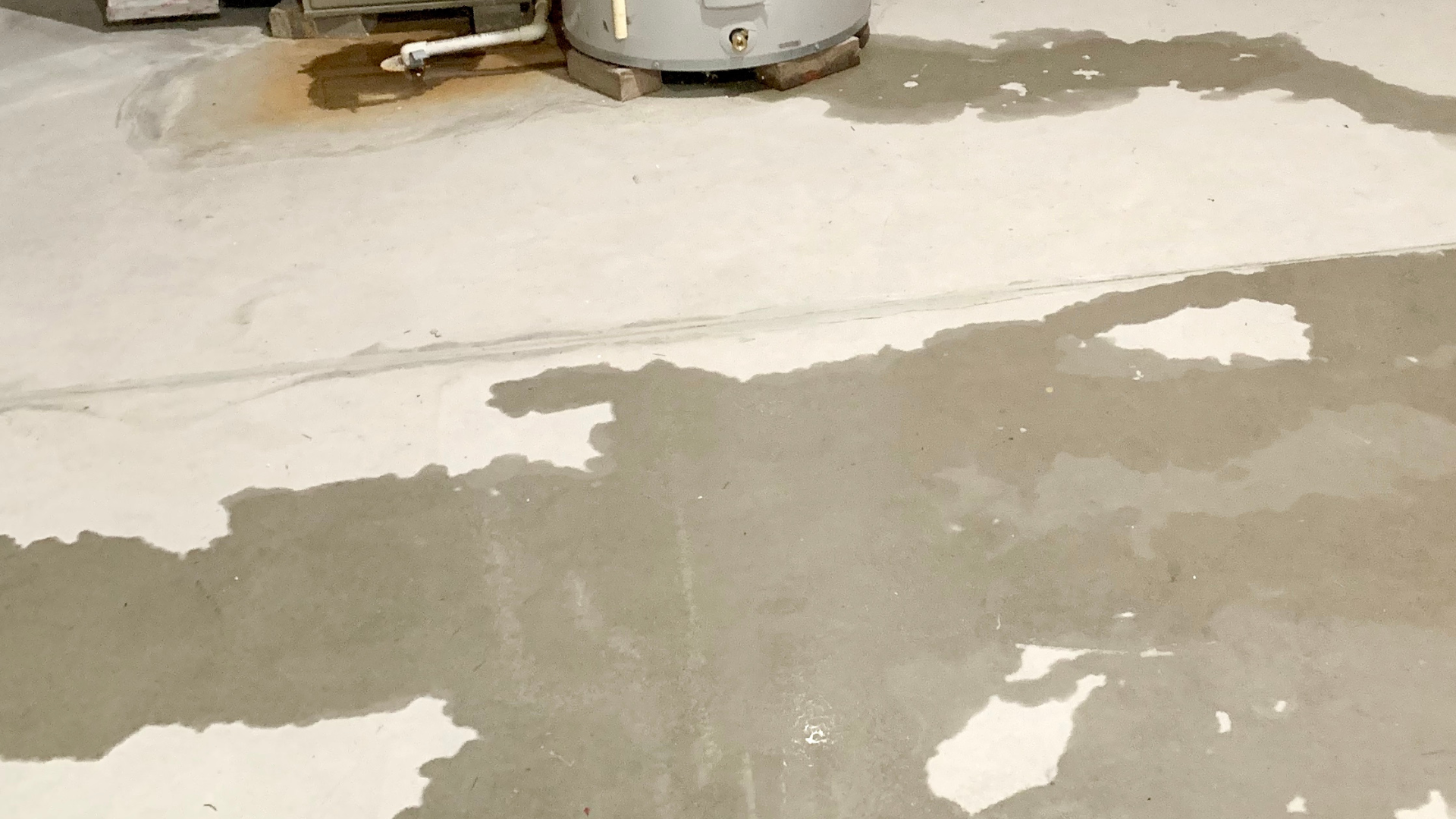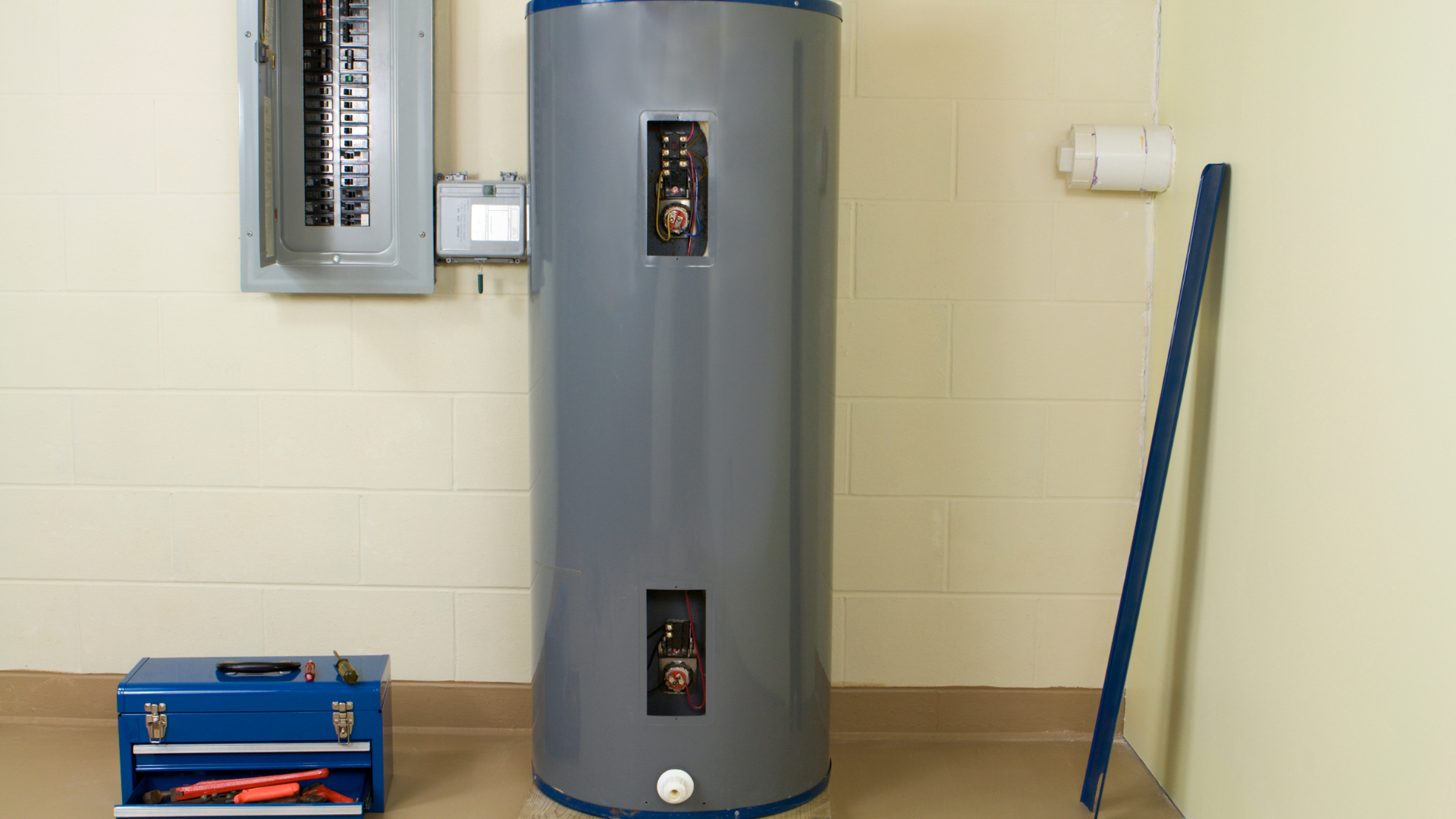Are Home Warranties Worth the Money for HVAC
Is a Home Warranty Worth It for an Aging HVAC System?

For homeowners with an older HVAC system, the thought of it failing can be a significant source of anxiety. Replacing a heating and cooling unit is a substantial expense, often ranging from $5,000 to over $10,000. This leads many to consider a home warranty as a potential safeguard. But are home warranties truly worth the cost when your HVAC system is already showing its age? Let's delve into how home warranties work and their specific coverage for older HVAC units.
How Home Warranties Work
A home warranty is a service contract that helps cover the repair or replacement costs of major home systems and appliances due to normal wear and tear. Unlike homeowner's insurance, which protects against sudden, accidental damage (like a fire or storm), a home warranty addresses issues that arise from regular use and age.
Here's a typical breakdown of how a home warranty operates:
- Purchase a Plan: You select a plan that fits your needs, usually paying an annual or monthly premium. Plans vary, often offering coverage for systems (HVAC, plumbing, electrical) and/or appliances (refrigerator, dishwasher, oven).
- Service Request: When a covered item breaks down, you contact the home warranty company to file a claim.
- Technician Dispatch: The company dispatches a pre-screened, third-party technician to your home to diagnose the problem.
- Service Call Fee: You pay a service call fee (also known as a deductible) for each technician visit, regardless of whether the claim is approved or the item is repaired. This fee typically ranges from $75 to $125.
- Repair or Replacement: Based on the technician's report, the home warranty company determines if the issue is covered under your contract. If approved, they arrange for the repair or replacement of the item, up to the coverage limits of your policy.
Will a Home Warranty Replace a Failed HVAC Unit?
Yes, many home warranties can replace a failed HVAC unit, but with important caveats.
Here's what you need to know:
- Coverage for Normal Wear and Tear: Home warranties are designed to cover breakdowns due to normal wear and tear. This is crucial for older HVAC systems, as their failures are often attributed to age and regular use.
- Age is Often Not a Barrier to Coverage: Many home warranty providers explicitly state that they will cover HVAC systems regardless of their age. The focus is more on the current working condition of the unit when the policy is purchased, rather than its manufacturing date.
- Replacement, Not Upgrade: If your HVAC system is deemed irreparable, the home warranty company will typically replace it with a comparable model, not necessarily an upgraded or more energy-efficient unit. You may have the option to pay the difference if you desire an upgrade.
- Coverage Limits: Most home warranty plans have coverage limits for HVAC systems, which can range from $1,500 to $6,500 per system. If the cost of repair or replacement exceeds this limit, you will be responsible for the difference. It's essential to review these limits carefully in the contract.
- Pre-Existing Conditions: Home warranties generally do not cover pre-existing conditions. If your HVAC system was already malfunctioning or broken before you purchased the warranty, the claim may be denied. Some companies may require a home inspection to verify the working condition of systems and appliances.
- Maintenance Requirements: Many home warranty contracts require homeowners to perform routine maintenance on their HVAC systems. Failure to do so could lead to a denied claim. Keeping detailed maintenance records is a good practice.
- Exclusions: Always read the fine print. Some policies may exclude specific components (e.g., coils, ductwork, specific types of HVAC systems like window units) or issues caused by improper installation or lack of regular cleaning.
Is It Worth the Cost for an Old HVAC System?
The decision to purchase a home warranty for an old HVAC system boils down to a few key considerations:
Potential Benefits:
- Cost Savings: If your aging HVAC system does fail, a home warranty can significantly reduce your out-of-pocket expenses. Paying a service call fee and potentially a portion of the replacement cost is often far less than the full cost of a new HVAC unit.
- Peace of Mind: Knowing that a major expense like an HVAC breakdown is at least partially covered can provide significant peace of mind, especially if you don't have a large emergency fund for home repairs.
- Convenience: Home warranty companies typically handle the process of finding and dispatching qualified technicians, saving you the time and effort of searching for reputable contractors.
Potential Drawbacks:
- Annual Premiums and Service Fees: You'll pay an annual premium (or monthly payments) regardless of whether you use the warranty. Add to that the service call fee for each claim, and these costs can add up, especially if you have multiple small issues.
- Coverage Limitations: The coverage limits might not cover the entire cost of a new, high-end HVAC system, leaving you to pay a substantial remaining balance.
- Depreciation: Some companies may depreciate the value of an older HVAC system, meaning the payout for replacement might not be enough to cover a similar new model.
- Provider Choice: You typically cannot choose your own repair technician; you must use the contractors dispatched by the home warranty company.
- Claim Denials: While less common for simple wear and tear, claims can be denied for various reasons, such as pre-existing conditions, improper maintenance, or issues not explicitly covered by the contract.
- Waiting Periods: There's often a waiting period (e.g., 30 days) after purchasing the warranty before coverage begins.
The Verdict:
For homes with an aging HVAC system that is still currently functional, a home warranty can be a worthwhile investment. It acts as a buffer against a potentially very large, unexpected expense. It's particularly beneficial if you:
- Lack a substantial emergency fund: The warranty can prevent a major financial strain.
- Prefer fixed, predictable costs: You'd rather pay a premium and service fee than face a sudden, massive bill.
- Value convenience: You appreciate the company handling the technician selection and dispatch.
However, if you have a robust emergency fund specifically for home repairs, or if you prefer to choose your own contractors and have full control over the replacement process, then self-insuring (saving money) might be a more cost-effective option in the long run.
Ultimately, the decision rests on your personal financial situation, risk tolerance, and comfort level with the terms and conditions of a home warranty contract. Always get quotes from multiple providers, carefully read the sample contracts, and understand the coverage limits and exclusions before committing.
Sources and Further Reading:
- Experian: What Is a Home Warranty Plan? - https://www.experian.com/blogs/ask-experian/what-is-a-home-warranty-plan/
- NerdWallet: What Is a Home Warranty? Cost and Coverage 2024 - https://www.nerdwallet.com/article/mortgages/pros-cons-home-warranties
- NerdWallet: Does a Home Warranty Cover HVAC? - https://www.nerdwallet.com/article/mortgages/does-a-home-warranty-cover-hvac
- Liberty Home Guard: Do Home Warranties Cover Old HVAC? - https://www.libertyhomeguard.com/blog/home-warranty-plans/do-home-warranties-cover-old-hvac/
- Select Home Warranty: Old HVAC Units: Do Home Warranties Cover Them? - https://www.selecthomewarranty.com/blog/home-warranty-old-hvac/
- American Home Shield: HVAC Replacement Costs: A Homeowner's Guide - https://www.ahs.com/home-matters/cost-savers/hvac-replacement-costs/
- Cinch Home Services: Does Home Warranty Cover HVAC Systems? - https://www.cinchhomeservices.com/homeowners/blog/does-home-warranty-cover-hvac
Click Another Article to Read More










